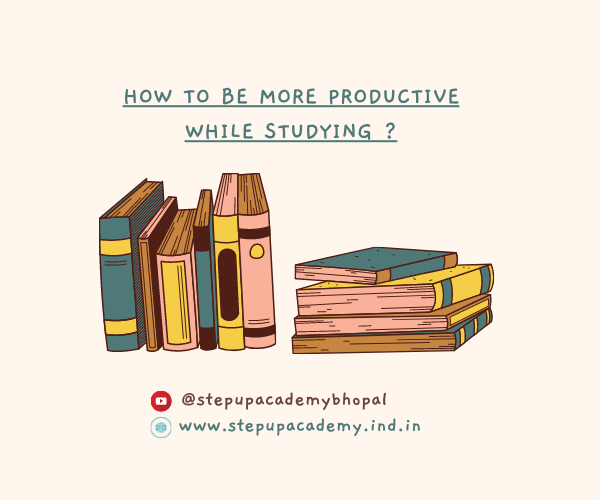5 Best Mental Health and Stress Management Tips for Students
11-10-2023 12:18
Stress and mental health challenges are common among students, often arising from the pressures of academic demands, social life, and personal responsibilities. It is essential for students to develop effective coping strategies to maintain their well-being. In this blog post, we will explore five of the best mental health and stress management tips for students.
1. Prioritize Self-Care
One of the most effective ways to manage stress is through self-care. Taking time for yourself is not a luxury; it is a necessity for maintaining good mental health. Prioritize self-care by:
Getting Enough Sleep: Aim for 7-9 hours of quality sleep each night to rejuvenate your mind and body.
Regular Exercise: Engage in physical activity to release endorphins, which can improve your mood and reduce stress.
Healthy Eating: Consume a balanced diet rich in fruits, vegetables, and whole grains, and stay hydrated.
Mindfulness and Meditation: Practice mindfulness exercises and meditation to center your thoughts and reduce anxiety.
2. Effective Time Management
Proper time management can significantly reduce stress. Develop a schedule or to-do list to stay organized and ensure you have ample time for your studies and personal life. Some key time management tips include:
Setting Realistic Goals: Break your tasks into manageable steps and set realistic, achievable goals.
Avoiding Procrastination: Try to start assignments and projects early to prevent last-minute stress.
Use Time Management Tools: Utilize apps or planners to help you stay on top of your schedule.
3. Seek Support
Do not hesitate to reach out for support when you need it. You are not alone in your struggles, and seeking help is a sign of strength. Consider these options:
Talk to a Counselor or Therapist: Most schools offer counseling services, so take advantage of them if you are feeling overwhelmed.
Connect with Friends and Family: Sharing your thoughts and feelings with trusted loved ones can be incredibly comforting.
Join Support Groups: Look for student-led or community support groups for shared experiences and advice.
4. Time for Relaxation and Hobbies
Balancing academic work with relaxation and hobbies is crucial for reducing stress. Engaging in enjoyable activities can take your mind off your worries and provide a well-deserved break. Some ideas include:
Pursuing Hobbies: Whether it is reading, painting, playing music, or playing sports, make time for activities that you are passionate about.
Unplugging from Technology: Take regular breaks from screens and social media to reduce stress associated with constant digital connectivity.
Outdoor Time: Spend time in nature, whether it is taking a walk in a nearby park or going on a short hike.
5. Time Management for Exams and Deadlines
Exams and assignment deadlines are common sources of stress for students. Effective strategies to manage academic pressures include:
Study Smart, Not Hard: Focus on active learning, breaking study sessions into shorter, more productive intervals.
Practice Relaxation Techniques: Learn deep breathing exercises or progressive muscle relaxation to stay calm during exams.
Do Not Cram: Avoid last-minute cramming; it is often less effective and more stressful.
Managing mental health and stress is an essential part of the student experience. By prioritizing self-care, effective time management, seeking support, engaging in relaxation and hobbies, and adopting successful academic strategies, students can reduce stress and enhance their overall well-being. Remember, it is okay to ask for help and take time for yourself. Your mental health matters and these strategies can help you on your journey to a healthier, less stressful student life.




